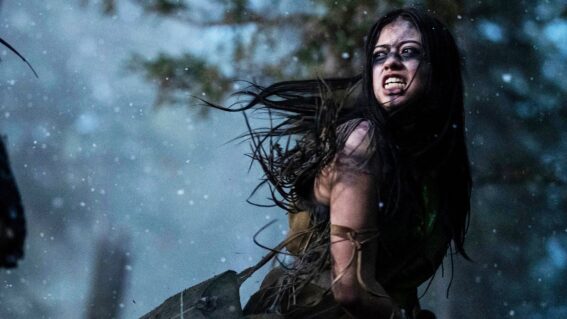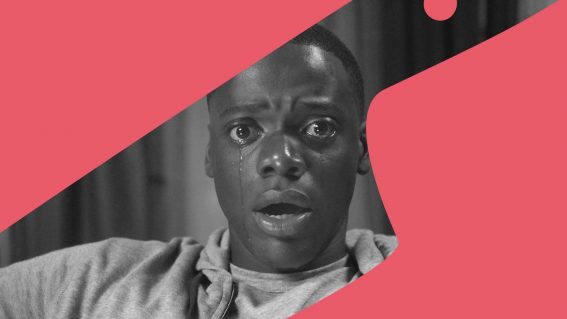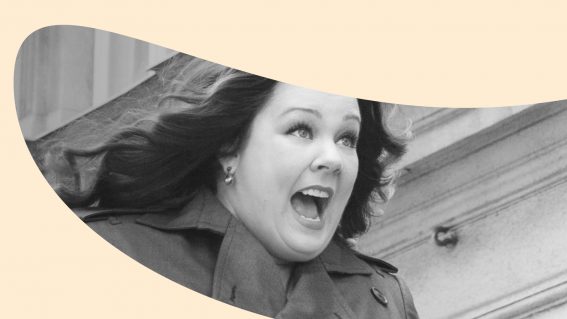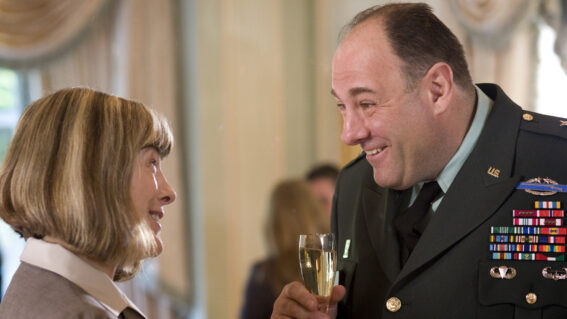All musician biopics are merely supporting acts for the mighty Walk Hard: The Dewey Cox Story
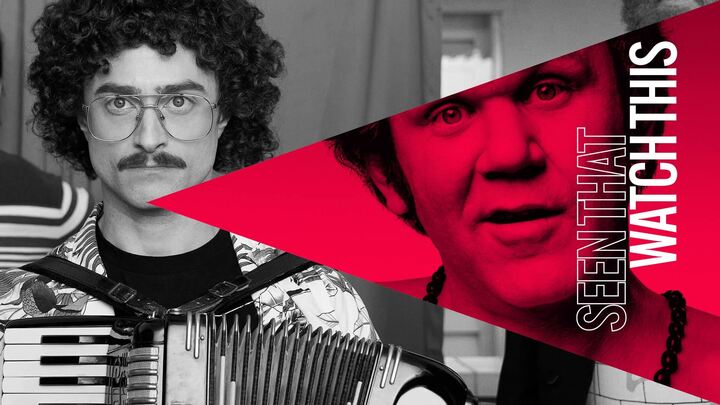
Seen That? Watch This is a weekly column from critic Luke Buckmaster, taking a new release and matching it to comparable works. This week, following the release of Weird: The Al Yankovic Story and Daisy Jones & the Six, he revisits the great musician biopic parody Walk Hard: The Dewey Cox Story.
Walk Hard: The Dewey Cox Story
This is your one shot, so don’t blow it: the next two minutes will determine your musical destiny. Enjoy success but don’t drink or snort too much—because drugs are bad, mmkay? Beware of empty hookups with groupies; true love is found elsewhere. That traumatic childhood experience that’s been following you around all your life? Time to confront it. And the altercation you recently had with your lover, friend, wife or husband? It could inspire a good song!
These are some of the messages hard-coded into the musician biopic, a genre that combines toe-tapping tunes with rise-and-fall narratives spruiking Important Life Lessons. Two recent productions have joined the fold—Weird: The Al Yankovic Story, which pokes fun at these conventions, and Prime Video’s series Daisy Jones & the Six, which plays them straight.
The former presents a tongue-in-cheek universe in which the comedic accordionist not only finds fame and fortune but becomes an action hero, confronting Pablo Escobar and saving his girlfriend Madonna. The latter uses a mockumentary format to build a faux reality, band members such the titular singer-songwriter (Riley Keough) participating in interviews that reflect on their heyday.
Both productions live in the shadow of the hilariously great Walk Hard: The Dewey Cox Story, which was forged in the hangover from two paint-by-numbers biopics: 2004’s Ray—with Jamie Foxx as Ray Charles—and 2005’s Walk the Line, with Joaquin Phoenix as Johnny Cash. What an wonderful surprise, that a production conceived as a response to other films would so spectacularly rise above them, not just poking fun at biopics but commenting on human tendencies to repurpose and simplify the complex narrative data of our lives. With added dick jokes!
The first overtly comedic moment depicts a traumatic early experience in the life of John C. Reilly’s eponymous superstar. In sun-dappled Alabama circa 1946, young Dewey is horsing around in a barn with his brother Nate (Chip Hormess). All goes rather pleasantly until things take an epic turn—when Dewey accidentally slices his brother in half with a machete. “Dewey, I’m cut in half pretty bad,” Nate says, his head next to his legs. “In case I don’t make it, you have to be double great—for the both of us.”
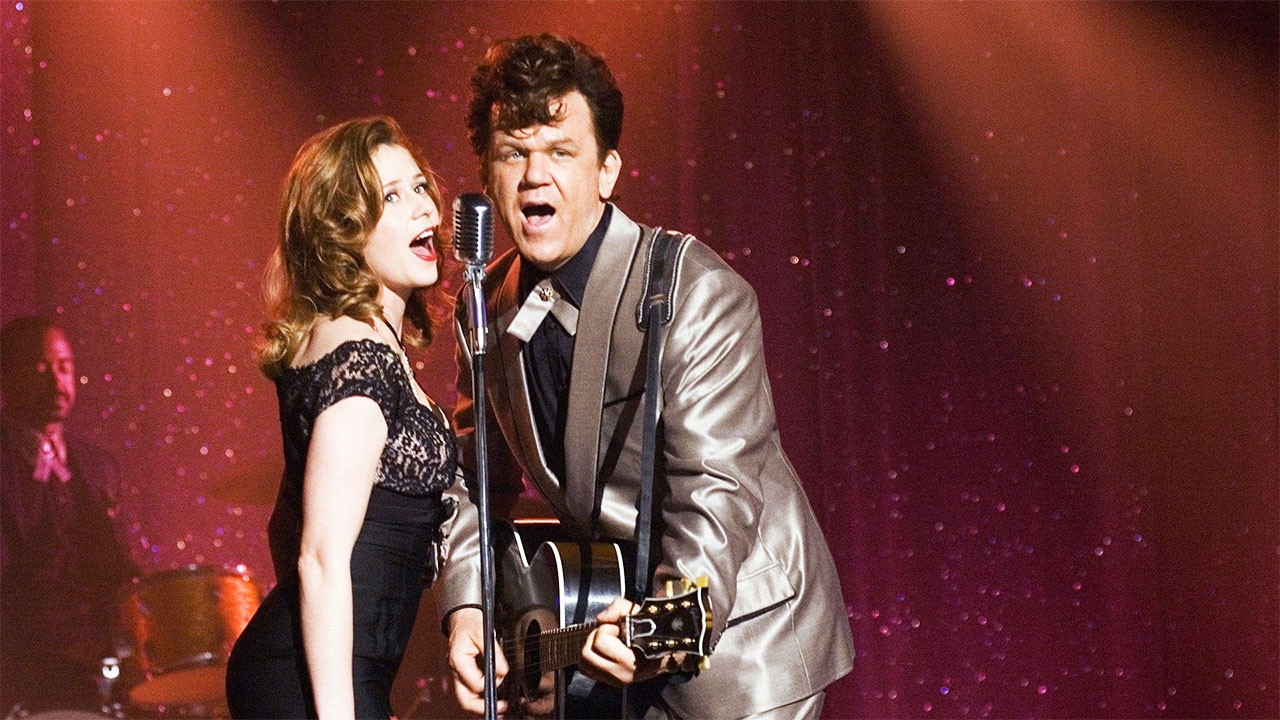
This outrageous scene doesn’t make fun of formative trauma, per se—which is terribly real—but of storytellers using individual events as convenient catch-alls, as if all anguish in our lives can be traced back to a single defining moment. Director Jake Kasdan, who co-wrote the script with Judd Apatow, deploys a broad arsenal of comedic devices—from sight gags to farce and dialogue jokes. An example of the latter transpires after the freak accident, when Dewey’s father (Raymond J. Barry) lambasts him for being “not half the boy that Nate was”, and, in fact, “not even half the boy that the top half of Nate was, after you cut him in half.” To which Dewey responds: “So you’re saying I’m less than a quarter of the boy Nate was?”
Jumping ahead to 1953, with John C. Reilly playing Dewey despite his fellow band members all being children, the protagonist delivers a lovely, bluesy performance in a town hall, causing the audience to erupt. Young women love it so much they rip open their shirts, while a priest describes it as “the devil’s music.” This scenario was recently dusted off in Baz Luhrmann’s Elvis—when Austin Butler’s king of rock’n’roll incites hysteria by delivering thumping tunes and a madly gyrating pelvis, causing an inanimate crowd to leap to the their feet and women to scream in irrepressible ecstasy. This is one of many examples of the film retaining its cultural currency long after the works that inspired it.
The story traces Dewey’s rise to stardom and spiral into hedonism and egomania, before he realises What Really Matters and reconnects with his gazillion estranged children from two different marriages (with Kristen Wiig’s Edith and Jenna Fischer’s Darlene). There’s a running joke triggered by Dewey discovering his drummer Sam (Tim Meadows) smoking pot; he partakes, then proceeds to periodically walk in on Sam doing harder and harder stuff, which he also dabbles in, satirising—but perhaps also advocating—the idea that marijuana is a gateway drug.
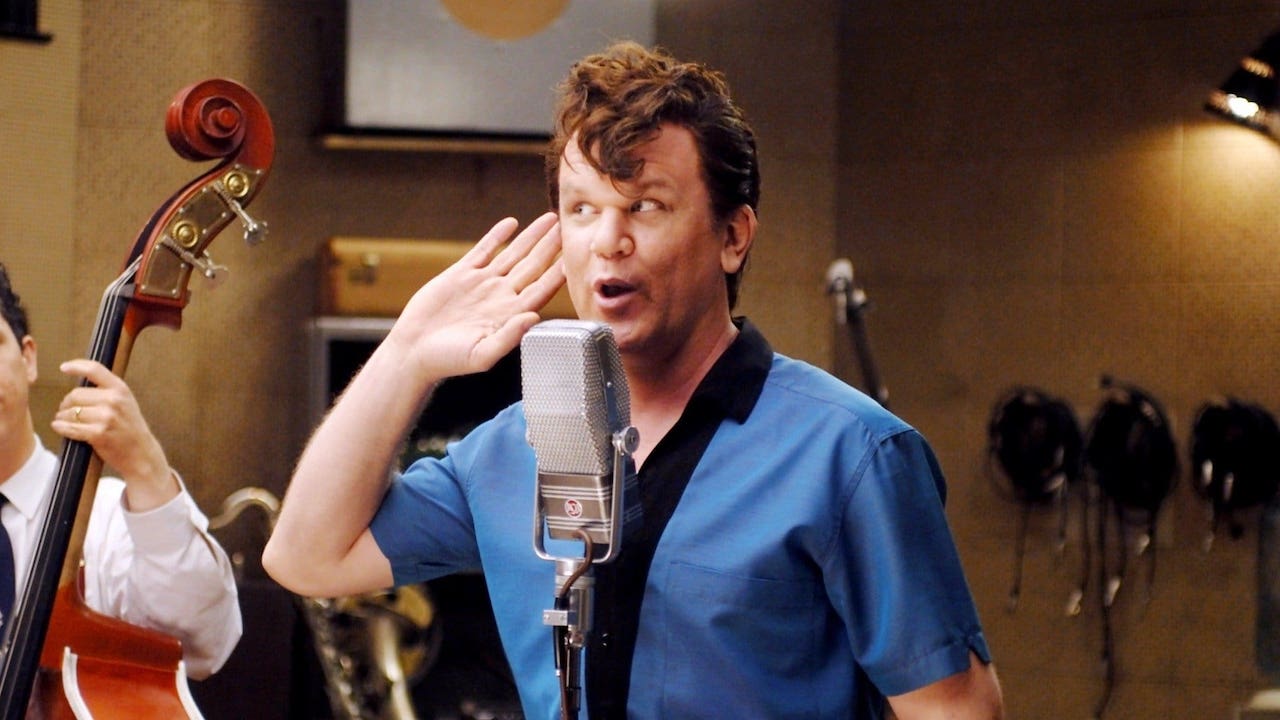
There’s also Dewey’s obsession with recording his masterpiece (leading him to make outrageous demands such as “50,000 didgeridoos”); his poetic Bob Dylan-inspired phase (singing about “the three-eyed monkey within inches of his toaster-oven life); and his decision to try to reconnect with pa—leading to a riotously funny quasi-redemption.
In the opening sequence the protagonist mentally prepares for his final concert, head bowed and hand pressed against the wall, deep in thought. Most of what follows is a flashback, feeding into the idea of Walk Hard as a commentary on the mythologising and formation of personal narratives. A gleefully absurd film not averse to a dick joke somehow became not just a great postmodern comedy, but a work positioned at the apex of the musician biopic genre—looking down, and laughing, at everybody else.





